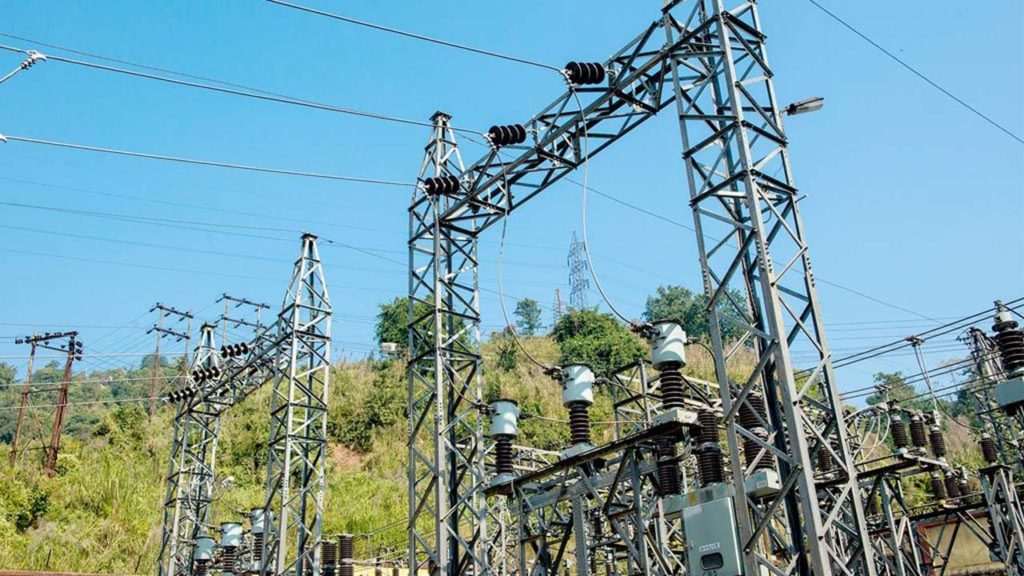
Nigeria is Africa’s largest economy and has one of the widest energy gaps in the world. To provide the necessary economic growth for its growing population, Nigeria urgently needs to improve its power sector. The country’s current installed capacity is close to 13,000 megawatts, but in practice, only about 3,800 megawatts gets evacuated for consumption due to the various breakdowns across the value chain. The government’s aim to boost electricity access from 45% today to 90% by 2030 require extensive plans for rural and urban electrification and will drive even more demand. The government privatized part of the power sector in 2013, hoping to promote efficiency, attract private investment, and increase generation, but this has yet to deliver results due to misaligned incentives. Post-privatization, many of the challenges witnessed have been centred on unreliable gas supply, electricity tariffs below cost recovery, vandalism, insufficient metering, and liquidity shortfalls.
To this end, The Energy for Growth Hub, in partnership with Centre for the Study of the Economies of Africa (CSEA) and Nextier Power recently convened a one-day workshop to discuss some of the power sector’s needs and present to key stakeholders in the power sector, policies that would be essential in resolving the sector’s challenges and restoring financial viability in the value chain.
Click button below to download the outcome of the workshop.
